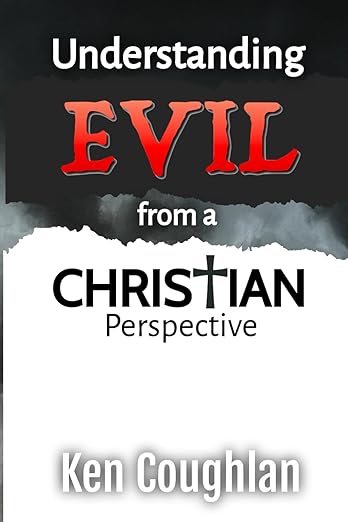Is Even Greater Conflict on the Horizon?

Structural and governance changes will most certainly come about from the work of the ELCA’s Commission for a Renewed Lutheran Church. An all-encompassing redefinition of mission and ministry will most certainly result from the recommendations, expectations, requirements or whatever that will be laid upon congregations because of the DEIA audit which the ELCA had done of its governing documents. The provision for bound conscience will very possibly be eliminated as part of the review and re-evaluation of the 2009 human sexuality social statement. As I keep up on the latest of what may be coming for unsuspecting ELCA congregations, I realize that conflict within congregations might only become more severe leading up to and after the next ELCA Churchwide Assembly in August 2025.
In June of 2013 – just a little over a year before I retired – the synod in which I was rostered, Southwest California, elected the ELCA’s first openly gay synodical bishop. That election threw the congregation where I had already been serving for thirty-nine years into total turmoil and conflict, and that was a conflict that continued throughout and beyond my final twelve months there. And I found that since I had already announced my retirement because I would be leaving after forty years there, I was totally unable to provide leadership, guidance, and stability in the situation. That was a situation that the congregation would have to work through without me. I was not in a position to help them in any way during my final year there.
Friends of Lutheran CORE who are a part of ELCA congregations will find themselves in many different kinds of situations in regard to the upcoming changes in the ELCA. Do any of the following describe your situation?
- In some ELCA congregations there will be strong agreement among the pastor, leaders, and members that the time to leave the ELCA is now and action needs to be taken as soon as possible in case the coming changes in structure and governance make it even more difficult if not impossible even for former ALC congregations to leave with their property.
- In some congregations there is no way that a motion to disaffiliate from the ELCA will prevail. Even if a majority are in favor of leaving, they will not be able to achieve two separate votes with at least two-thirds of those voting approving a motion to disaffiliate.
- In some congregations the pastor has kept information regarding what is actually happening in the ELCA from the people.
- Some friends of Lutheran CORE are the only one in their congregation (or one of very few in their congregation) that is aware and concerned. They have faithfully sought to inform others, but their efforts fall on deaf ears.
- Some former LCA congregations and mission congregations started by the ELCA believe that they would never receive permission from their synod council to leave with their property and/or would not be able to pay back to the synod the mission start funds expended by the synod that the synod would demand be repaid.
- Some congregations are too diminished and/or the membership does not have the energy left to deal with the issue. If they are aware of S13.24, they are just hoping that the synod will not use that provision in the model constitution for synods against them to justify the synod’s moving in, taking over, and possibly closing the congregation.
- I know of a vibrant, Biblically faithful, Spanish language ministry where the synod owns the building and most of the salary of the pastor is paid by the synod and churchwide.
There are Biblically faithful, confessional pastors in the ELCA who do not believe that the right approach for their congregation would be to seek to disaffiliate from the ELCA. There are many reasons for this. Some feel that a motion to disaffiliate would not prevail. Some fear that it would only be disruptive in the life of the congregation. Some believe that they can keep the changes coming in the ELCA from impacting their congregations. We need to be praying for these ELCA pastors and their congregations.
We are very grateful for the friends of Lutheran CORE who are members of other Lutheran church bodies who are concerned about and regularly pray for their fellow Christians still in the ELCA.
With the changes that are certainly coming and the wide variety of situations that friends of Lutheran CORE find themselves in, Brian Hughes is planning a series of webinars for upcoming months. The themes for the webinars will follow the life of Moses and his leading the Israelites out of slavery in Egypt through the wilderness into the Promised Land. Here are the planned topics.
November – Conflict Management
Groaning under Egyptian captivity; understanding what is coming in the ELCA and the stages and types of church conflict that might engender and how to navigate them without burning out
February – Vision Casting
The hope of the Promised Land; effective ways of pointing to a preferred future
March – Grief and Change
Loss and renewal in the wilderness; understanding the process of transition and how to maintain momentum and forward direction
April – Organizational Structure and Succession Planning
New rules for a new reality; constitution and bylaws for the mission field
Stay tuned.









